North Korea’s Kim vows ‘overwhelming’ power in the face of Western threats
North Korean leader Kim Jong-un has vowed to bolster the country’s defense capability in the face of threats from Western countries, the country’s state media said.
During a meeting with scientists involved in the recent missile test, Kim reaffirmed his resolve to build up an “overwhelming” and “unstoppable” military capability, the Korean Central News Agency said.
The remarks came days after the country's first intercontinental ballistic missile (ICBM) launch in more than four years, which sent ripples across the Western world.
It marked Pyongyang’s 12th missile test this year, and its ICBM launch since late 2017 when it began a self-imposed moratorium on nuclear and long-range missile testing.
Known as the Hwasong-17, the powerful ICBM dubbed as a “monster missile”, appeared to have traveled higher and further than any previous ICBM tested by the state.
The statement on Monday has led to speculation that North Korea could be mulling additional missile launches as a counter-measure to crippling sanctions imposed on it by the international community.
“Only when one is equipped with the formidable striking capabilities, overwhelming military power that cannot be stopped by anyone, one can prevent a war, guarantee the security of the country and contain and put under control all threats and blackmails by the imperialists,” he was quoted as saying.
Kim said North Korea is determined to develop more "powerful strike means” and said his country will “more vigorously perfect the nuclear war deterrence of the country,” KCNA said.
Kim was present at the Thursday launch of what was described as a “new type” of ICBM, which was launched from Pyongyang International Airport. It traveled up to a maximum altitude of 6,248 km and covered a distance of 1,090 km, before falling into the Sea of Japan.
After the launch, the state news agency cited Kim as saying that the missile was test-fired due to “daily-escalating military tension in and around the Korean peninsula” and the “inevitability of the long-standing confrontation with the US imperialists accompanied by the danger of a nuclear war.”
“The emergence of the new strategic weapon of the DPRK would make the whole world clearly aware of the power of our strategic armed forces once again,” he said.
The intelligence officials in Seoul and Washington, however, believe that Thursday’s launch was an older and slightly smaller ICBM.
In response to the test, the US said it will push United Nations to “update, strengthen” sanctions on North Korea over "increasingly dangerous provocations,” while China and Russia opposed the move.
The UN Security Council met on Friday, at the request of the US and five other members, to discuss the ICBM launch. The Council has banned nuclear tests and ballistic missile launches by North Korea.
China and Russia expressed their strong opposition to the US move, calling for the easing of UN sanctions to improve North Korea's humanitarian situation.
"No party should take any action that would lead to greater tensions," China's UN Ambassador Zhang Jun told the council on Friday.
Russia's deputy UN ambassador Anna Evstigneeva said further strengthening of UN sanctions "would threaten North Korean citizens with unacceptable socioeconomic and humanitarian problems."
Analysts believe that successful missile launches can help North Korea achieve nuclear deterrence.
The recent test was a clear sign North Korea has made “important qualitative progress” on its banned weapons programs, a US-based analyst Ankit Panda was quoted as saying by AFP.
“What's important about this ICBM is not how far it can go, but what it can potentially carry, which is multiple warheads,” something North Korea has long coveted, he said.
Last year, Kim announced a new five-year plan for developing weapons and issued an ambitious program that included hypersonic weapons, spy satellites, solid-fuel intercontinental ballistic missiles, and submarine-launched nuclear missiles.
Long-range and nuclear tests were paused when Kim and then US president Donald Trump engaged in a bout of diplomacy that collapsed in 2019. Talks remain stalled ever since.
‘The Voice of Hind Rajab’ receives Oscar nomination
US-backed riots suffered 'humiliating' defeat in Iran: Yemeni leader
Pezeshkian: ‘Unholy rage’ fueled by Iran’s enemies after June defeat
Iran condemns Israeli demolition of UNRWA headquarters in occupied al-Quds
Denmark reasserts Greenland sovereignty as Trump claims ‘total access’
Iran’s political legitimacy comes from ballots and popular will, not foreign powers
VIDEO | Press TV's news headlines
VIDEO | The reckless US


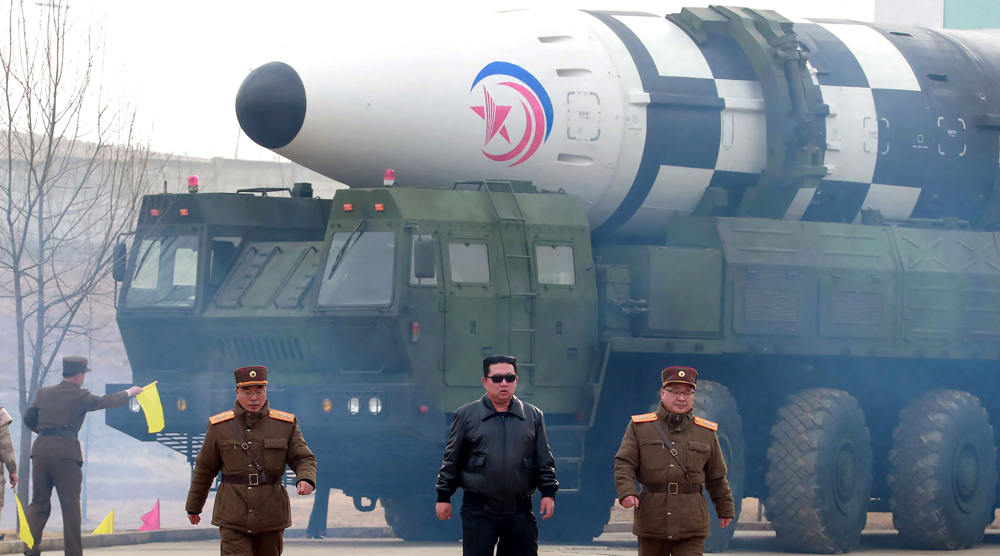
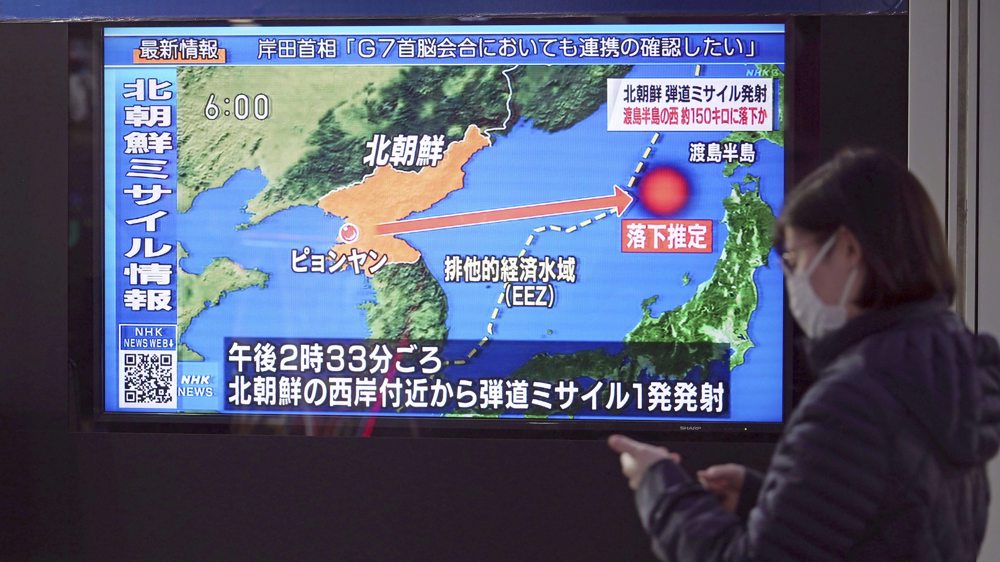
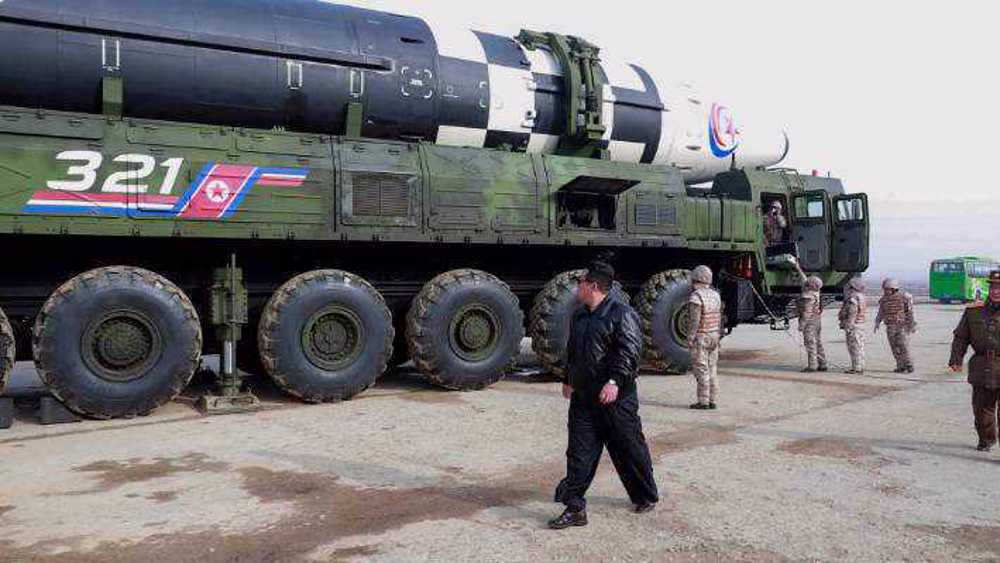
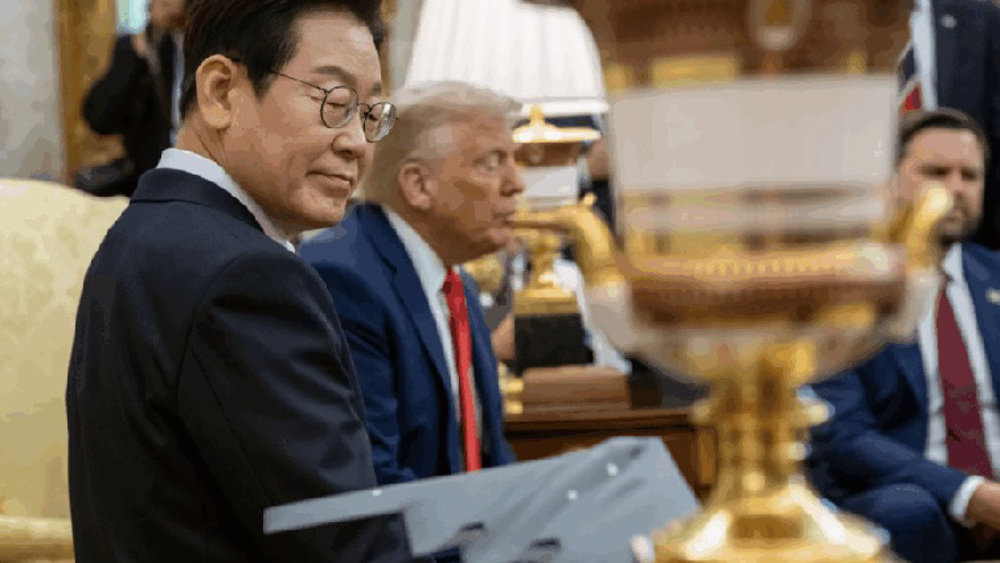
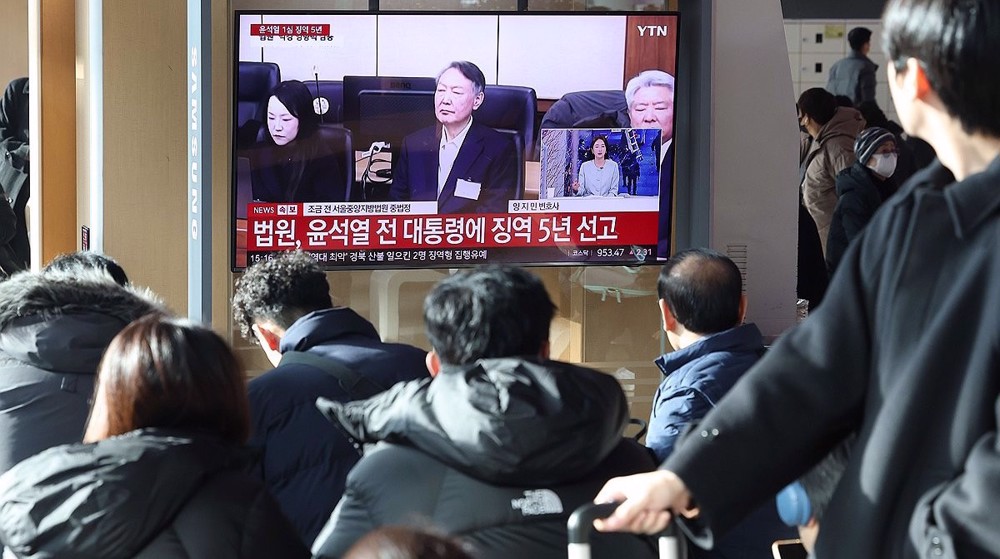
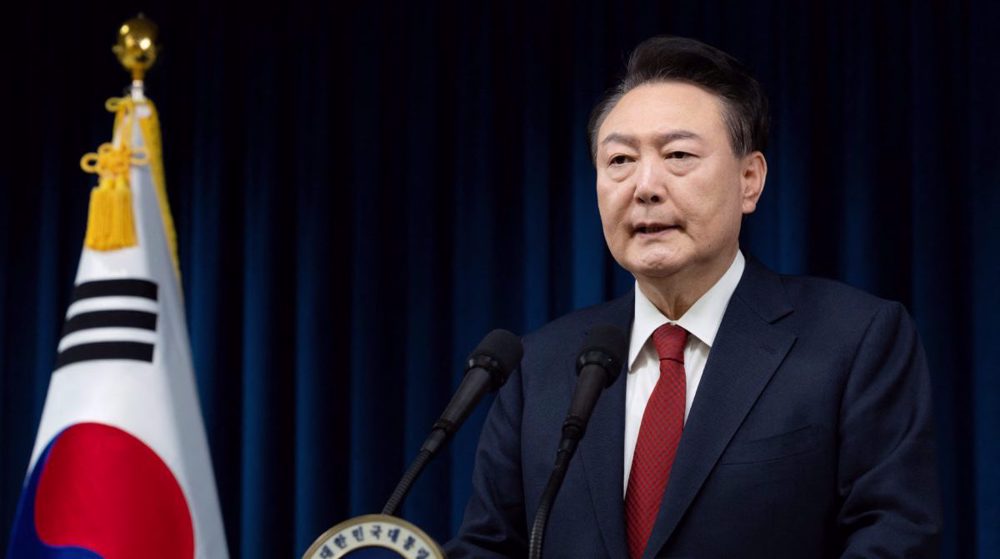



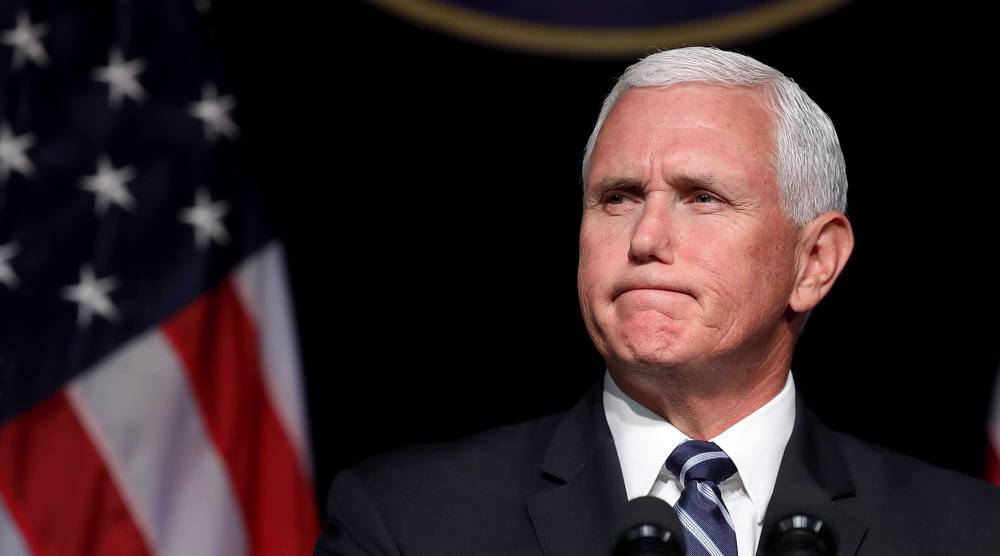
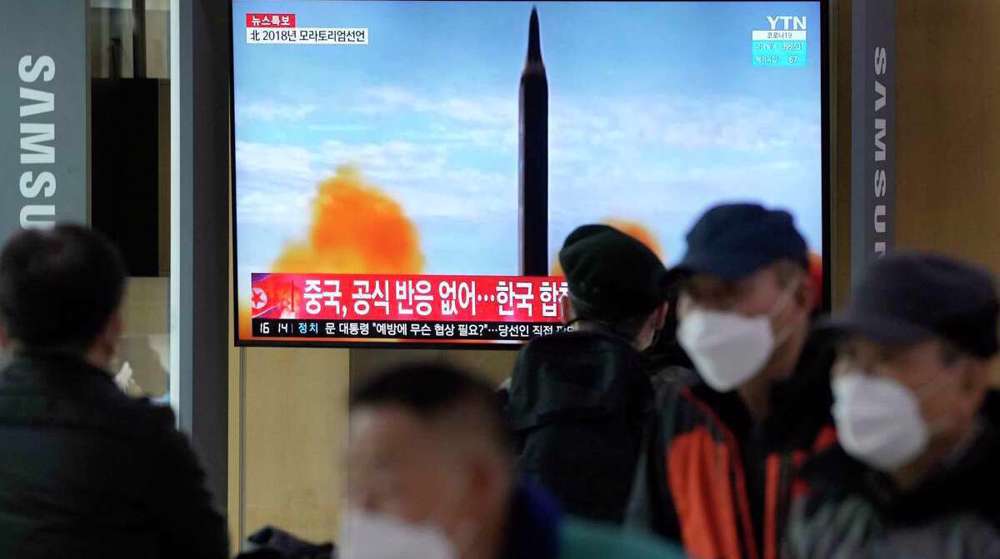
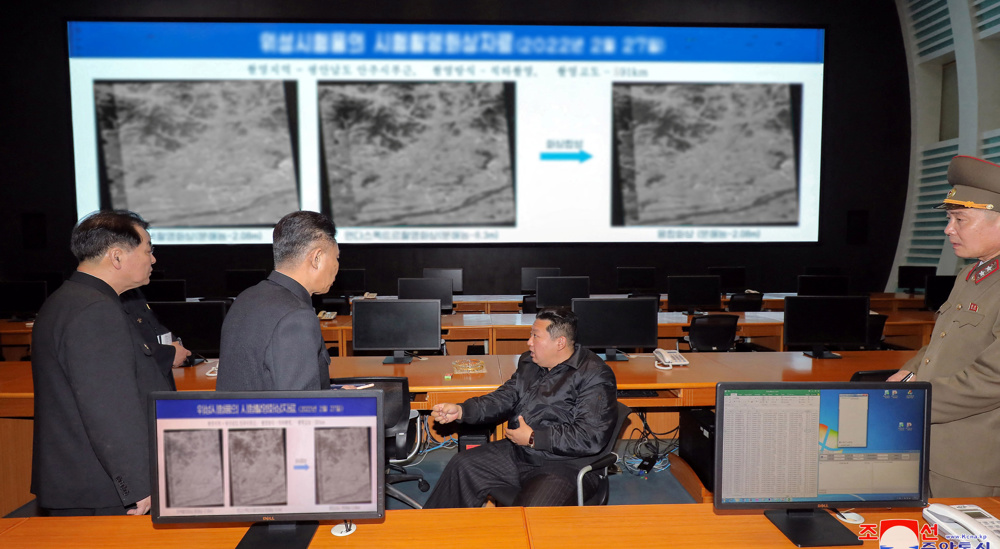
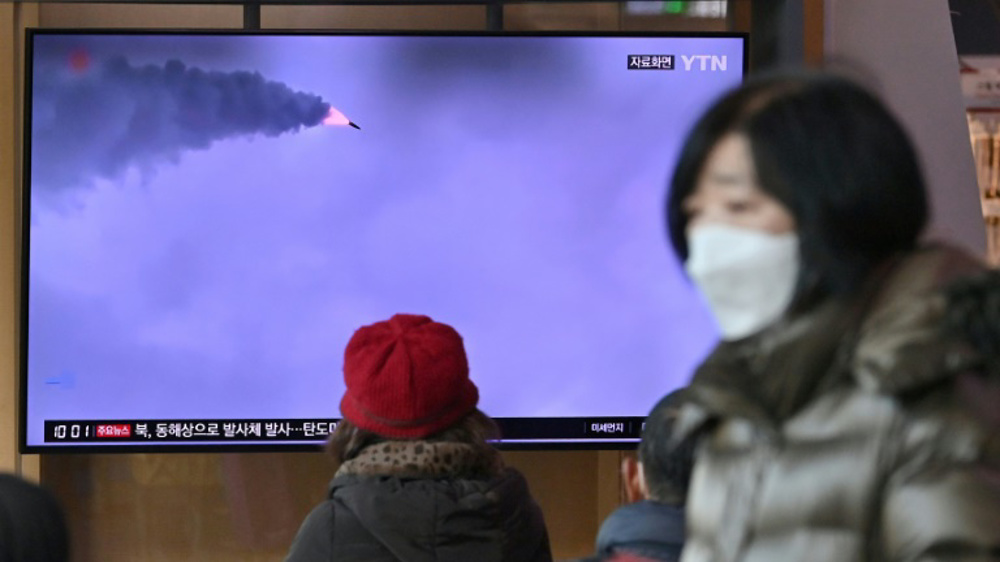

 This makes it easy to access the Press TV website
This makes it easy to access the Press TV website